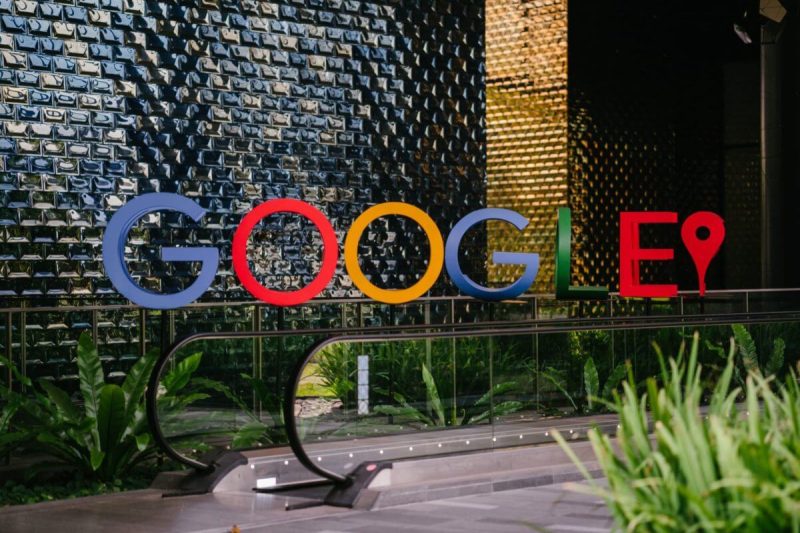Google’s AI-Powered Search Transformation: A Brave New World
Quick Look:
AI-Powered Search: Google’s new AI-driven search will provide summaries and explanations, moving away from traditional web searches and impacting its ad-supported business model.
Advertising Changes: The new format buries traditional organic and sponsored links, raising concerns about ad visibility and effectiveness.
Ad Measurement Challenges: Traditional click-based metrics may lose relevance, complicating the evaluation of ad performance in an AI-driven search environment.
After years of organising the digital slices of the world’s knowledge and presenting that information alongside advertising, Google (GOOGL), the search engine giant, is staging its next act of transformation. With AI-generated answers poised to replace traditional web searches, users will soon receive neat summaries and distilled explanations of complex tasks directly from the Google Search bar. This shift could revolutionise how we interact with information online, potentially rendering the click-based, ad-supported business model that established Google’s dominance obsolete.
The Changing Landscape of Search Advertising
The new AI-powered format promises a streamlined search experience. It features an AI overview followed by sponsored ads. Consequently, this setup effectively buries the traditional “10 blue organic links” that once defined Google searches. Additionally, it impacts the sponsored links that constitute the bulk of Google’s advertising revenue. Evelyn Mitchell-Wolf, a senior analyst at eMarketer, highlights a significant concern. She notes, “Not only is it unclear how ads will look and perform in the new layout, but it’s also a foregone conclusion that consumers will be less likely to click through to view source material.”
Indeed, with AI overviews providing comprehensive answers, users might not even need to scroll. Consequently, they might not click on ads. For years, Google has been nudging users towards zero-click searches. This has been achieved by integrating information boxes from various sources like Wikipedia, weather forecasts, and maps. Now, AI-driven summaries could further reduce the likelihood of users venturing beyond Google’s ecosystem. Therefore, this would diminish the visibility and effectiveness of sponsored links.
Challenges in Measuring Ad Effectiveness
As Google’s search engine evolves, measuring the effectiveness of ads becomes more challenging. In a paradigm where conversational AI provides direct answers, traditional metrics like clicks lose their relevance. Mitchell-Wolf points out, “Without clicks as a reliable signal, it’ll be hard to tell whether a consumer notices an ad, much less whether the ad influences a purchase decision.”
In this new landscape, marketers must explore alternative forms of measurement. While the absence of clicks complicates ad performance evaluation, the AI-powered search could also introduce innovative monetisation strategies. Google’s extensive array of platforms offers opportunities to condition users on new AI services and test different advertising formats. The company remains committed to driving valuable traffic to content creators and merchants despite the changes in search dynamics.
Navigating the Future of AI-Powered Search
Google’s early findings suggest that links from AI overviews might lead to longer user engagement on sites, a potential silver lining for businesses facing reduced click-through rates. Nevertheless, the company is vested in maintaining a viable ad-supported model. High-quality content depends on reliable ad revenue; without it, the quality of Google search results could suffer.
For individual websites and businesses reliant on Google Search, any alteration in how their content is surfaced could have profound implications. Moreover, Lily Ray, vice president of SEO strategy & research at Amsive, notes that some sites benefit from Google’s updates. Conversely, others may be disadvantaged. For instance, Reddit (RDDT), Amazon (AMZN), and other major sites emerged as SEO winners following Google’s recent Search updates. As Google continues to evolve, businesses must adapt to survive and thrive in this shifting landscape.
Ultimately, Google’s transformation is not about jeopardising its dominance but securing its future in a world where the concept of web search is in flux. By embracing AI-driven search, Google aims to justify its leading position and redefine the user experience for the next generation of internet users.
The post Google’s AI-Powered Search Transformation: A Brave New World appeared first on FinanceBrokerage.

